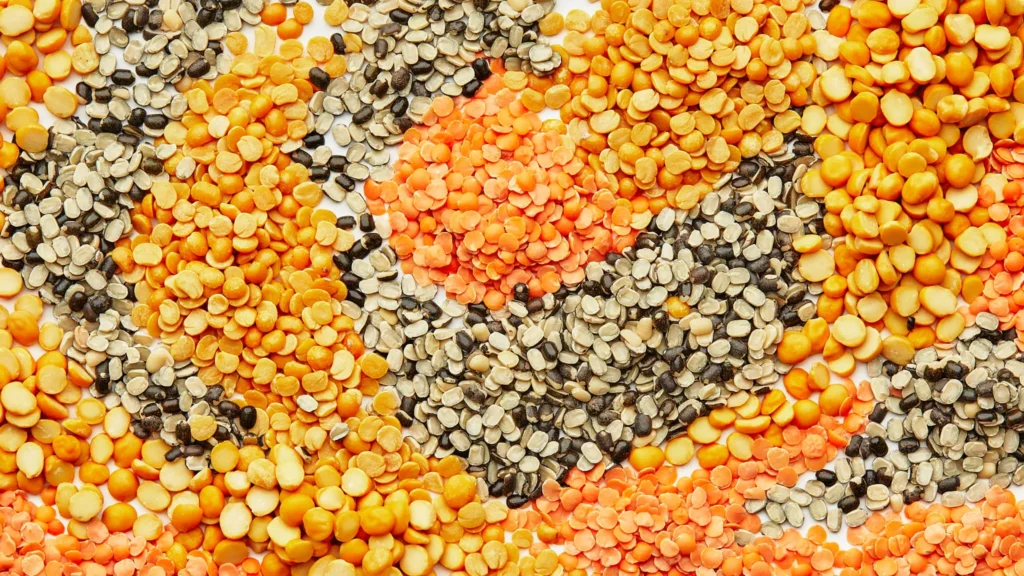
Increased Production Leads to Significant Drop in Pulses Prices
Increased production this season has led to a significant drop in pulses prices over the past two months, providing relief to consumers. Prices of tur dal have fallen by ₹50 to ₹60 per kilogram, while chana dal prices have dropped by ₹15 to ₹20 per kilogram, and urad dal by ₹5 to ₹7 per kilogram.
The tur dal harvesting season has begun in Karnataka, bringing a large influx of produce to wholesale markets. Increased cultivation in Karnataka, Maharashtra, Marathwada, Vidarbha, and Gujarat has led to a surge in supply, outpacing demand and driving down prices. In June and July 2024, tur dal prices had peaked at ₹175 per kilogram. By November, prices reduced by ₹10 per kilogram. Currently, wholesale prices range between ₹107 to ₹130 per kilogram, depending on the quality.
Price Comparison (November 2024 vs February 2025):
- Tur Dal: ₹165–₹180/kg → ₹105–₹120/kg
- Chana Dal: ₹88–₹94/kg → ₹75–₹80/kg
- Urad Dal: ₹115–₹120/kg → ₹100–₹110/kg
More Supply Expected
Market Yard traders stated that daily arrivals of tur dal at the wholesale market are between 80 to 100 tons, with an estimated total production of 44 lakh tons this season. He expects an increase in supply in the coming days, which could further reduce prices. Maharashtra currently leads in pulse production. Marketing Minister Jaykumar Rawal expressed optimism that India will soon achieve self-sufficiency in pulses. Speaking at the ‘Indian Pulses Conclave’ in New Delhi, he emphasized the importance of a collective approach from the government, farmers, researchers, and industry stakeholders to boost production capacity through research and infrastructure development.
To further enhance domestic availability, the government has extended duty-free import policies for tur, urad, and masur pulses until March 31, 2025. Additionally, duty-free import of yellow peas is allowed until February 20, 2025, and for chana until March 31, 2025. These measures aim to ensure overall pulses availability and affordability.
These combined efforts have contributed to a decrease in the Consumer Price Index (CPI) for pulses, bringing the inflation rate down from 19.54% in January 2024 to 3.83% in December 2024.
The increased supply and supportive government policies are expected to continue benefiting consumers with more affordable pulses in the coming months.








